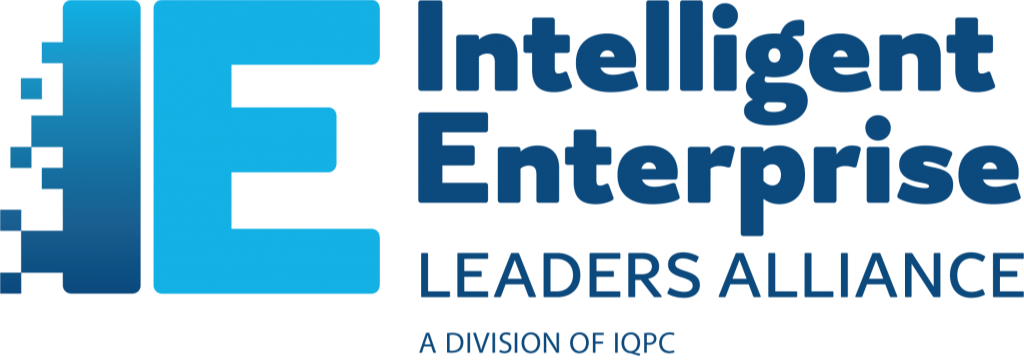
Saritha Ivaturi
Founder/President Code For GoodAgenda Day 1
4:30 PM CASE STUDY: Using Agentic AI for Good – How Nonprofits Can Benefit
While agentic AI is transforming industries, its potential for social impact is only beginning to be realized. In this case study session, we spotlight how nonprofits are harnessing autonomous agents to amplify their missions — from optimizing resource allocation to automating outreach, improving accessibility, and scaling operations with limited budgets.
Hear from the founder and president of "Code for Good" how the nonprofit world can benefit from the agentic AI revolution and amplify the work for good. We’ll explore how nonprofit organization "Code for Good" successfully implemented agentic AI to overcome capacity constraints and drive measurable impact in the communities they serve. The session will highlight key design choices, lessons learned, and the unique challenges of applying AI in mission-driven contexts where trust, transparency, and accountability are paramount.
Attendees will leave with practical insights into how nonprofits can responsibly integrate agentic systems to do more good, with less overhead.
- Low-cost, high-impact AI use cases for nonprofits
- Leveraging no-code and low-code
- Designing agent workflows for mission alignment
- Building trust with stakeholders and communities
- Ethical considerations and data stewardship
- Partnering with technologists and funders for sustainable AI adoption
5:15 PM INTERACTIVE PEER TO PEER ROUNDTABLES
Join an interactive boardroom* (practitioners only) on a preselected topic and discuss with a small group of your peers your biggest initiatives, challenges, and most effective strategies and tools.
1.ROUNDTABLE: Using Agentic AI to Advance and Accelerate Innovation
Manish Nigam, Senior Director, Data Science | Enterprise Data, Analytics & Insights (EDAI), Ameriprise Financial
Agentic AI is not just a tool for efficiency — it's a catalyst for reimagining what’s possible. This roundtable invites participants to explore how autonomous agents are helping organizations push boundaries, unlock new capabilities, and accelerate innovation across industries. In this highly interactive session, we’ll assess the bold, experimental, and transformative use cases attendees are developing — from automating complex workflows to enabling new forms of creativity, decision-making, and problem-solving. Together, we’ll explore how agentic AI is reshaping the innovation process itself, turning moonshots into roadmaps. Whether you're testing the edges of what AI can do or just beginning to think beyond incremental gains, this conversation is designed to spark new ideas, surface shared challenges, and connect innovators who are rethinking the future with agents at the center. |
2.ROUNDTABLE: How to Safely Use AI: Protecting Consumer and Company Data in an Agentic Era
Saritha Ivaturi, President, Code for Good
As AI systems become more embedded in day-to-day operations, ensuring their safe and responsible use is no longer optional — it’s essential. This roundtable explores practical strategies and guardrails for using AI securely, with a focus on protecting both consumer data and your own proprietary information in an era of increasingly autonomous agents. Join us for a candid discussion on how to evaluate risks, set boundaries, and maintain trust while leveraging agentic AI. We’ll cover real-world cases, common pitfalls, and emerging best practices that can help your organization use AI with confidence and care.
*practitioners by invitation only



